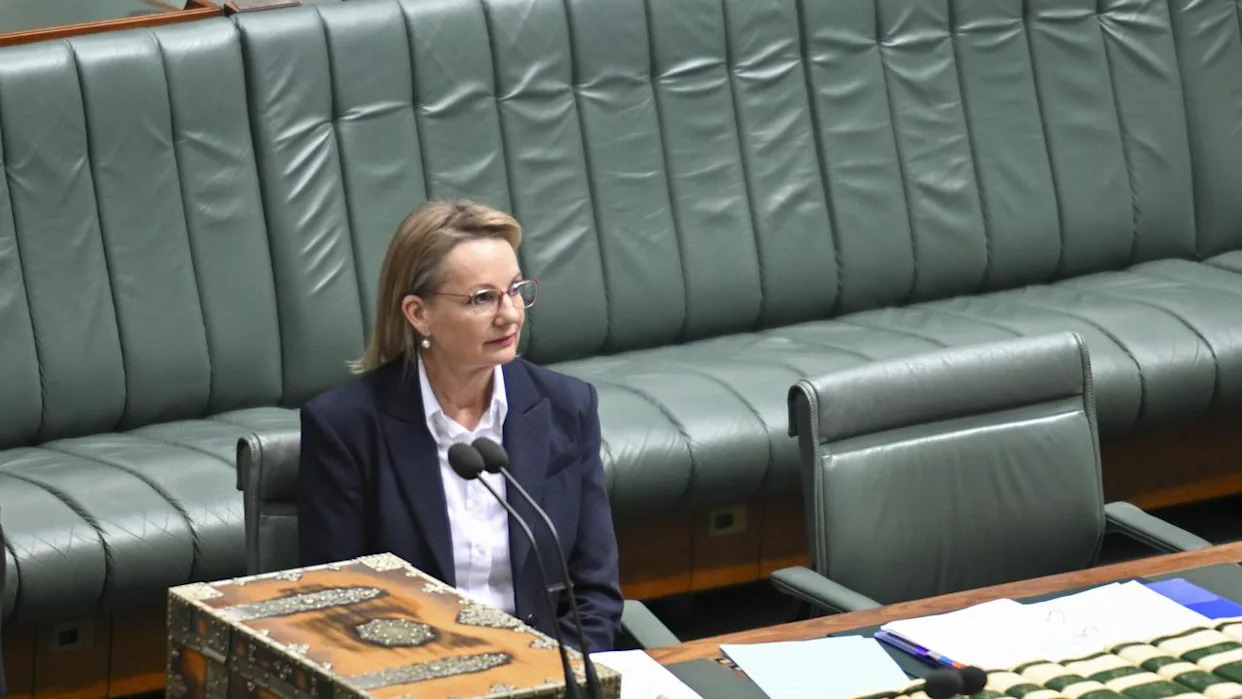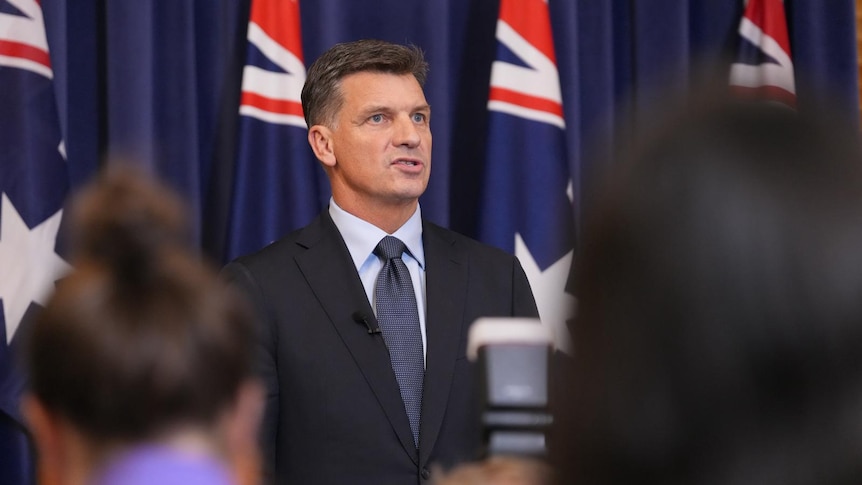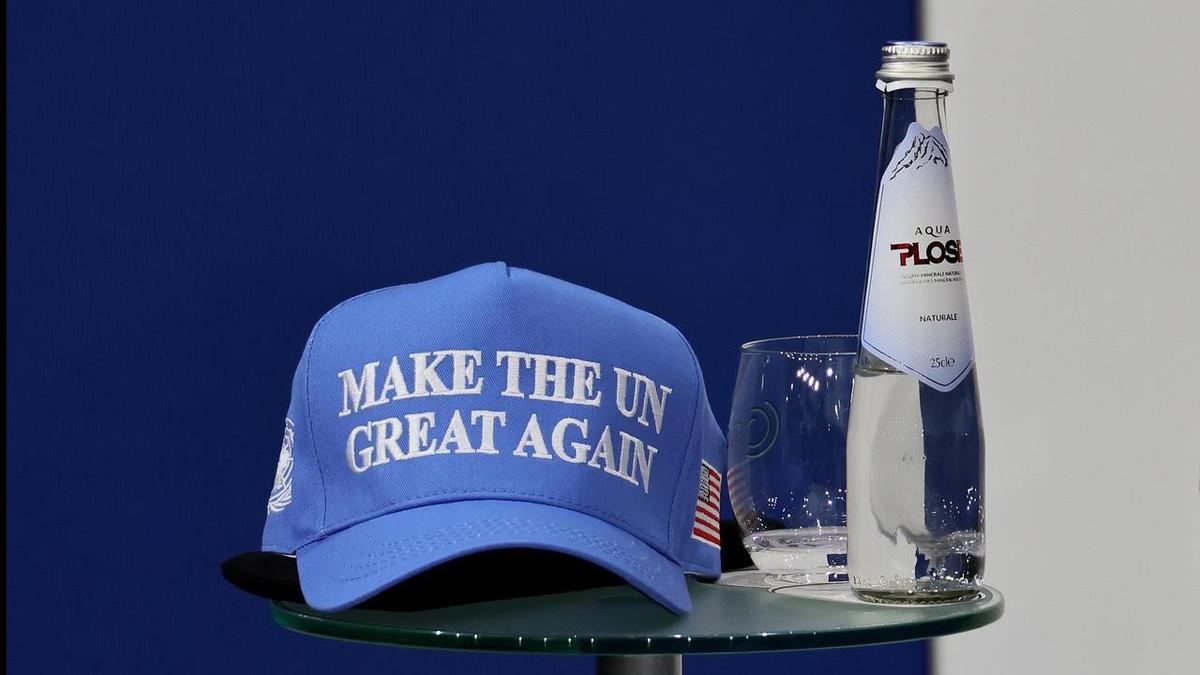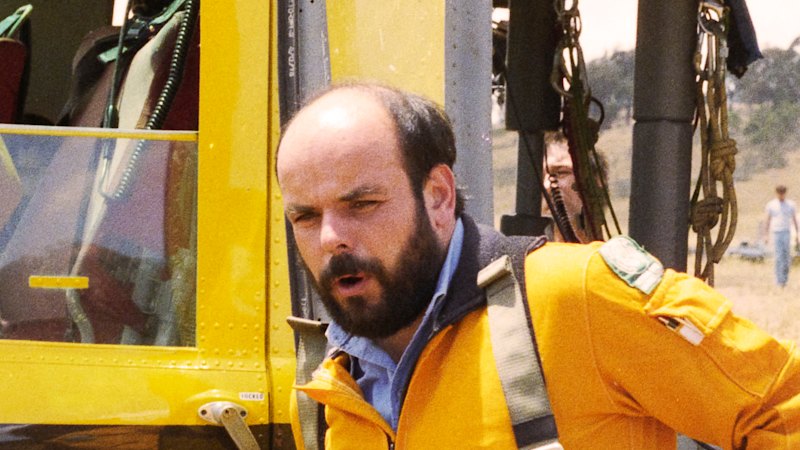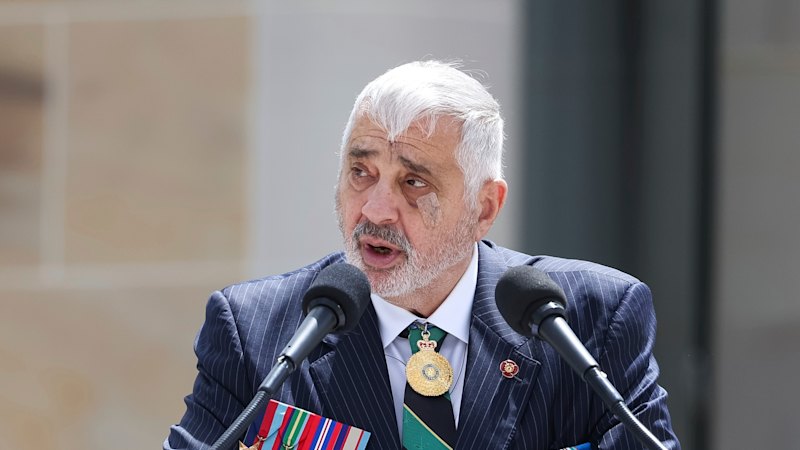
The president of the Returned Services League (RSL), Major General Greg Melick, urged Prime Minister Anthony Albanese to increase Australia’s defence spending during his speech at the Australian War Memorial on Remembrance Day. Melick warned that without additional funding, the armed forces may not be adequately prepared for major combat situations.
In his address marking the end of World War I, Melick highlighted a pressing need for Australia to bolster its military capabilities. He stated that the RSL’s calls for increased defence funding have been largely ignored, leading to a sense of complacency regarding potential threats. “For many years, the RSL’s defence and security committee has been agitating… to ensure we bolster defence spending and significantly increase our reserves, especially in fuel and ammunition,” Melick noted.
Growing Concerns Over National Security
Melick emphasized the importance of learning from past conflicts, stressing that preparation is crucial for facing future challenges. He referenced the recommendations made by U.S. President Donald Trump’s former defence secretary, Pete Hegseth, who suggested that Australia should increase its defence spending to 3.5 percent of its gross domestic product (GDP). Currently, Australia allocates approximately 2 percent of its GDP to defence, which includes a $12 billion investment in submarine shipyards in Western Australia.
The Albanese government has committed an additional $5.7 billion to military funding over the next four years and plans to invest $50 billion over the next decade. This funding is part of a broader strategy that includes the AUKUS pact with the United Kingdom and the United States, aimed at enhancing Australia’s naval capabilities. As part of this initiative, Australia is set to acquire up to eight nuclear-powered submarines, estimated to cost $368 billion over thirty years.
Melick pointed out that the current geopolitical landscape, particularly the perceived threats from China, demands a more robust investment in defence. He stated, “The Defence Strategic Review has outlined that the strategic situation in the Indo-Pacific region has never been as dire since 1941.” Melick argued that modern warfare relies heavily on advanced technology, indicating that troops alone may not suffice in future combat scenarios.
Concerns About Public Readiness
In a critical note, Melick expressed concern over a recent survey revealing that only 30 percent of Generation Z respondents felt prepared to defend their country. He acknowledged that Defence Minister Richard Marles is aware of the RSL’s concerns but emphasized the need for Marles to persuade the federal cabinet to adjust their priorities regarding defence spending.
“The challenge before him [Marles] is to convince his colleagues to rebalance our priorities,” Melick said. He warned that failure to act could lead to regret in future Remembrance Day ceremonies for conflicts that could have been deterred. “Let us appropriately prepare for a conflict we hope never comes,” he concluded, underscoring the urgent need for a reassessment of national defence strategies.
The call for increased defence funding reflects a growing recognition of the changing landscape of global security and the need for nations to be adequately prepared for emerging threats. As Australia navigates its strategic partnerships and military investments, the insights from leaders like Major General Greg Melick remain vital in shaping the future of national defence.


